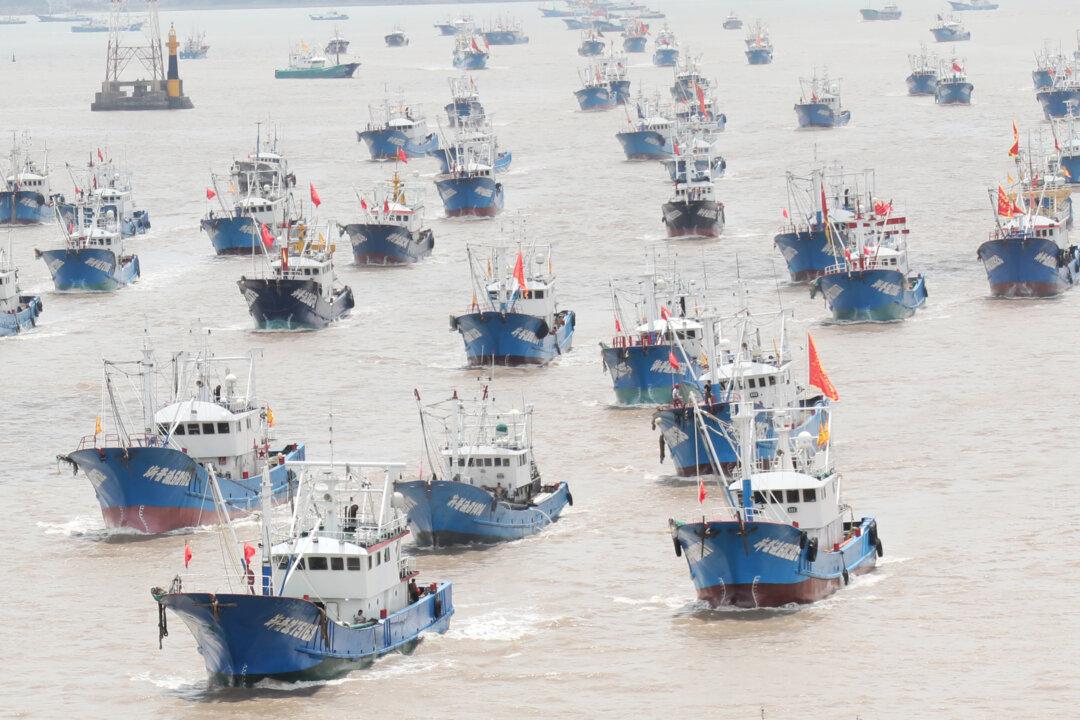President Joe Biden signed a National Security Memorandum on June 27 “focused on illegal, unreported, and unregulated fishing and associated labor abuses.”
To combat illegal fisheries and harmful fishing practices globally, the United States will increase coordination with both domestic agencies and foreign countries.




